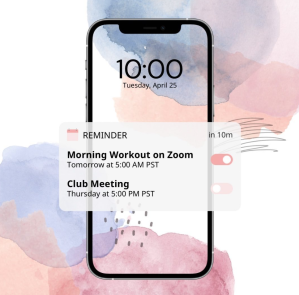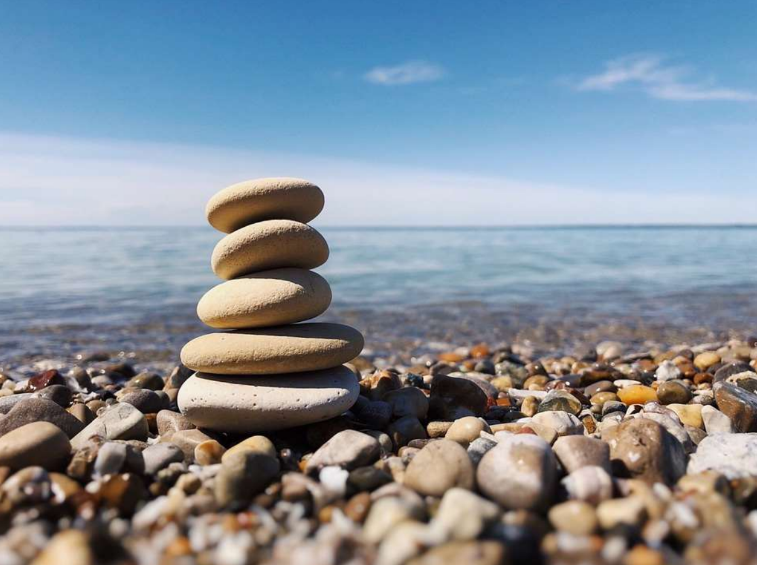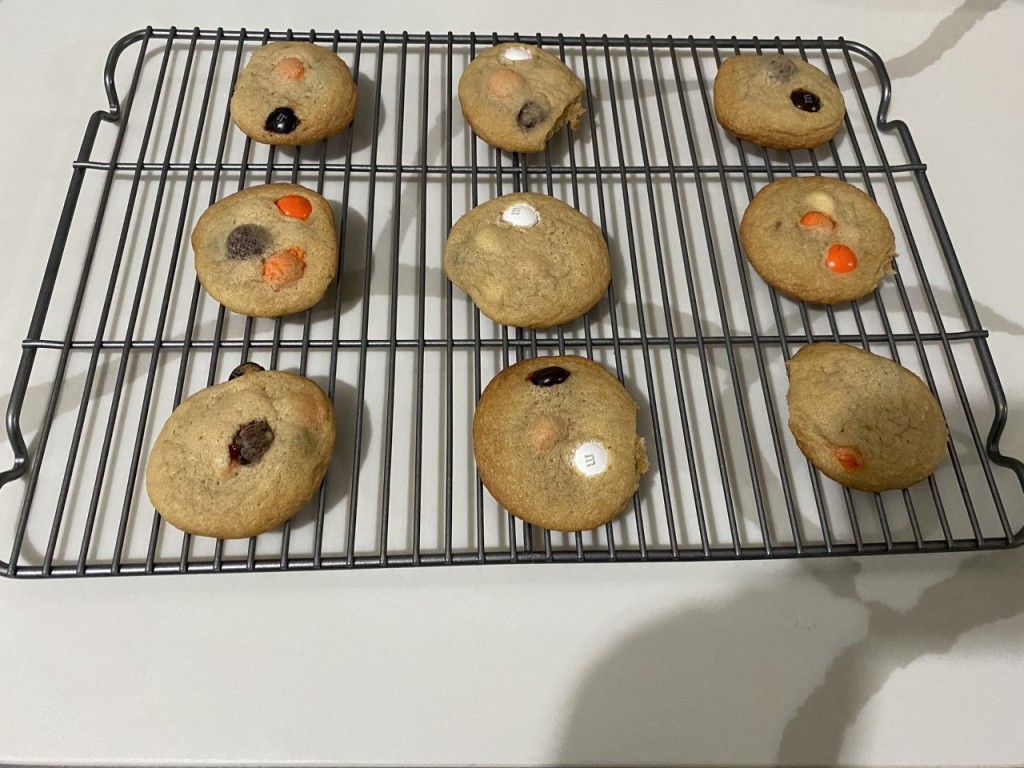By Annyce Torres, President of Mind + Body Wellness Student Org
There is an oft repeated saying that “anything you have to control, controls you.”

President of Mind + Body Wellness Student Org
What are we holding on to that is limiting our freedom that we might not be aware of? As humans, we have the ability to weigh out our options and take inventory of what is best for us. We are usually able to understand the danger of holding onto things that no longer serve us and our highest goals. Unfortunately, so many of the hardships that we experience in life are those that we create for ourselves.
As a first-generation college student, I’ve had to take a hard look at the behaviors and beliefs that I’ve held onto over the years. I’ve had to realize that the behaviors that I used to engage in no longer serve me. They were adopted as tools used to survive in situations that I am no longer in. The beliefs that I used to have such as self-doubt and other limiting beliefs will not serve me as I move forward in my attempt to learn enough to serve others. The people that I used to associate with are not necessarily understanding of the direction that I am taking my life.

President of Mind + Body Wellness Student Org
Whether we are clinging to being “right,” anger and resentment, self-pity and self-doubt, or people that are not in line with our highest goals, we run the risk of placing those attachments ahead of our own well-being. We must take advantage of our ability to think critically. And as we engage in this self-examination it is best to remember that the trap itself is not the problem. It’s the choices that we make – and continue to make – that determine whether a trap is a trap after all. It is our willingness to let go that determines our freedom to move forward and live our best life-with the degree we are earning.
I’ll leave you with this story I once read about how hunters trapped monkeys in Africa and Asia:

It’s said that in order to catch the monkey, hunters would first drill a hole in a location just large enough for the monkey’s hand to go through and place a nut or fruit in it. Seeing the food, the money would reach through to grab it, but his closed fist would be too large to fit back through the hole, trapping it in place. Even as the monkey would see the hunter closing in on him, he still would not let go of the food in order to escape.
In the end, the monkey gives up his very freedom, in exchange for a handful of food. The monkey is blinded by its attachment to what is in front of him. Let this serve as a reminder for us to forward beyond our own attachments that may be holding us back and trapping us in toxic situations.
–
Continue the conversation! Take some time for yourself and connect with other students!
Join Annyce on the fourth Thursday of every month from 5-6pm PDT for the Mind + Body Wellness monthly meetings! You can join the meetings via this Zoom Link!
Open to all students! Find community with others interested in all things wellness! ✨🌻🙌

And don’t forget to follow @mindbodywellnessnu on Instagram for updates and mental health resources!















